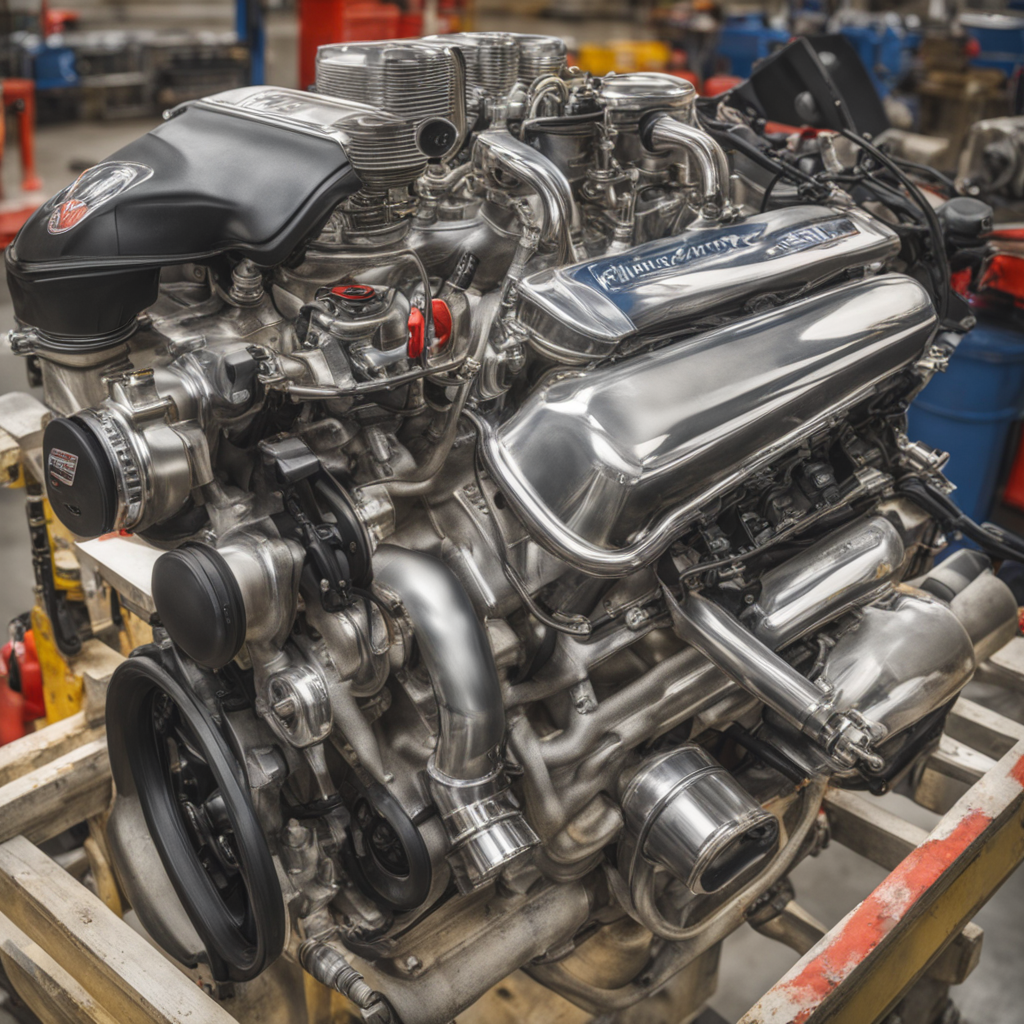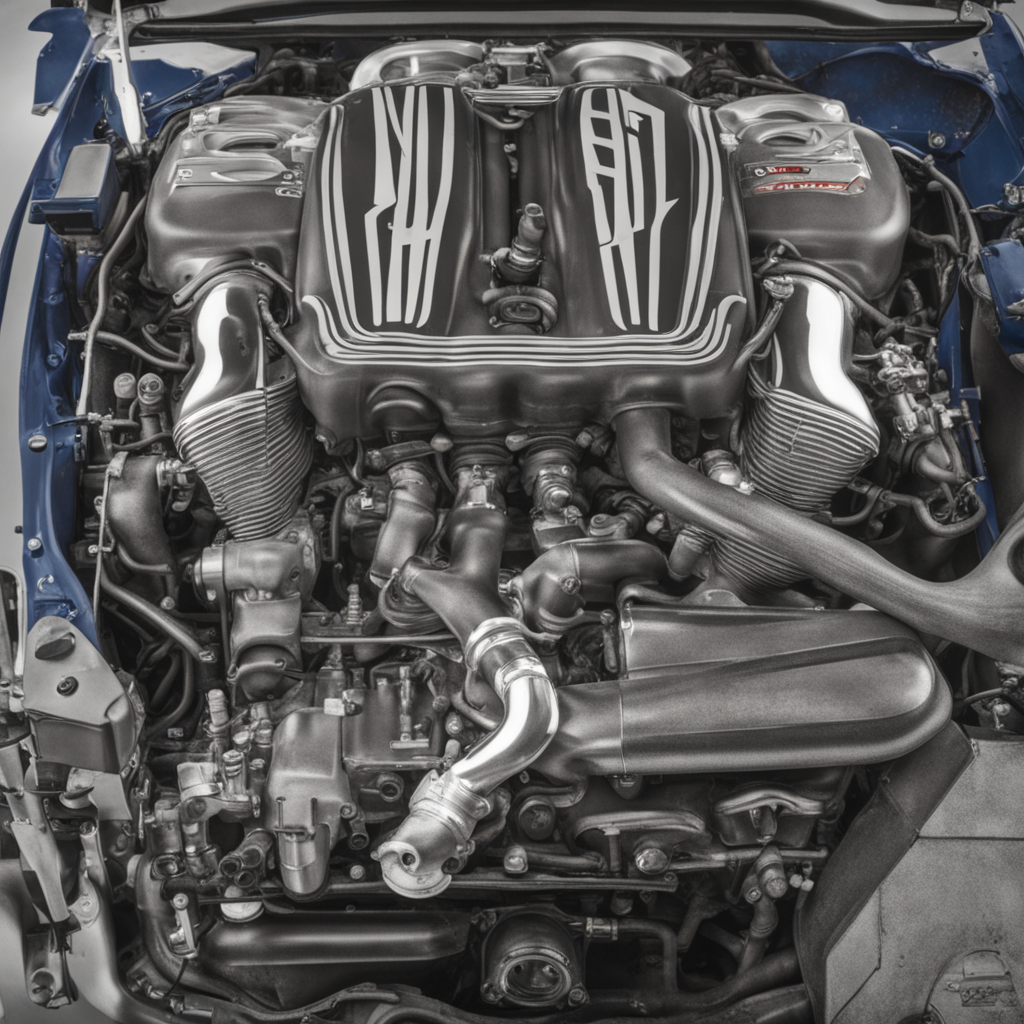none
none …
Updated October 30, 2023
none

Mustang GT Engines: How Long Do They Last?
Headline: The Performance Powerhouse of Ford’s Iconic Muscle Car
Description: The Ford Mustang GT is a legendary performance vehicle that has captured the hearts of many car enthusiasts. Its powerful engine, sleek design, and iconic status make it a sought-after ride for those who crave speed and style. But how long do Mustang GT engines last? In this article, we’ll delve into the world of Mustang GT engines, exploring their durability, reliability, and performance.
Body:
As a renowned automotive author, I’ve had the pleasure of getting behind the wheel of various Ford Mustang GT models over the years. Each one has left an indelible mark on my heart (and mind). But let’s get to the crux of the matter: how long do these magnificent engines last?
Introduction: The Ford Mustang GT is a high-performance variant of the iconic Mustang, first introduced in 1965. Since then, it has evolved into a potent force on the road, boasting a range of engine options, including V8 and EcoBoost turbocharged inline-6 cylinder powerplants. The latest iteration, the sixth-generation Mustang GT (2015-present), features a 2.7-liter twin-turbocharged V6 or a 5.0-liter naturally aspirated V8, both delivering impressive horsepower and torque figures.
Answer to the Question: So, how long do Mustang GT engines last? Well, that depends on various factors, including maintenance, driving conditions, and overall usage. Here’s a general breakdown:

- Average lifespan: With proper care and regular maintenance, a Mustang GT engine can last around 150,000 miles (241,400 km) to 200,000 miles (322,000 km) or more, depending on the specific model year and engine type.
- High-performance engines: The V8 and EcoBoost turbocharged inline-6 cylinder engines in the latest Mustang GT models are designed for high-performance driving. With proper maintenance, these engines can last around 100,000 miles (161,000 km) to 150,000 miles (241,400 km).
- Classic Mustang GTs: The classic Mustang GTs from the 1960s and 1970s require more TLC due to their vintage status. With careful maintenance and occasional restoration work, these engines can last around 50,000 miles (80,000 km) to 100,000 miles (161,000 km).
Pros:
- Unmatched performance: The Mustang GT engine is renowned for its exceptional power output, making it a thrill ride on the open road.
- Durability: With proper maintenance, these engines can withstand high-performance driving and last for many years.
- Iconic status: As part of the legendary Ford Mustang family, the GT engine has earned a special place in the hearts of car enthusiasts worldwide.
Cons:
- Maintenance costs: Due to their high-performance nature, Mustang GT engines require regular maintenance, which can be costly.
- Fuel consumption: The V8 and EcoBoost engines are designed for power, not fuel efficiency. Expect higher fuel bills with these engines.
- Depreciation: As a performance-oriented vehicle, the value of a Mustang GT may depreciate faster than other models.
Conclusion: In conclusion, the Ford Mustang GT engine is an iconic powerhouse that can last for many years if properly maintained. Whether you’re driving a classic or a modern Mustang GT, it’s essential to prioritize regular maintenance and occasional restoration work to keep your engine running smoothly. While there are some drawbacks, such as higher fuel consumption and depreciation, the thrill of owning and driving a Mustang GT makes it an experience worth savoring. As a car enthusiast, I can confidently say that the Ford Mustang GT is an unforgettable ride that will leave you grinning from ear to ear.
Sources:
- Ford Motor Company
- Classic Car Magazine
- Motor Trend
- Edmunds.com
- Car and Driver

